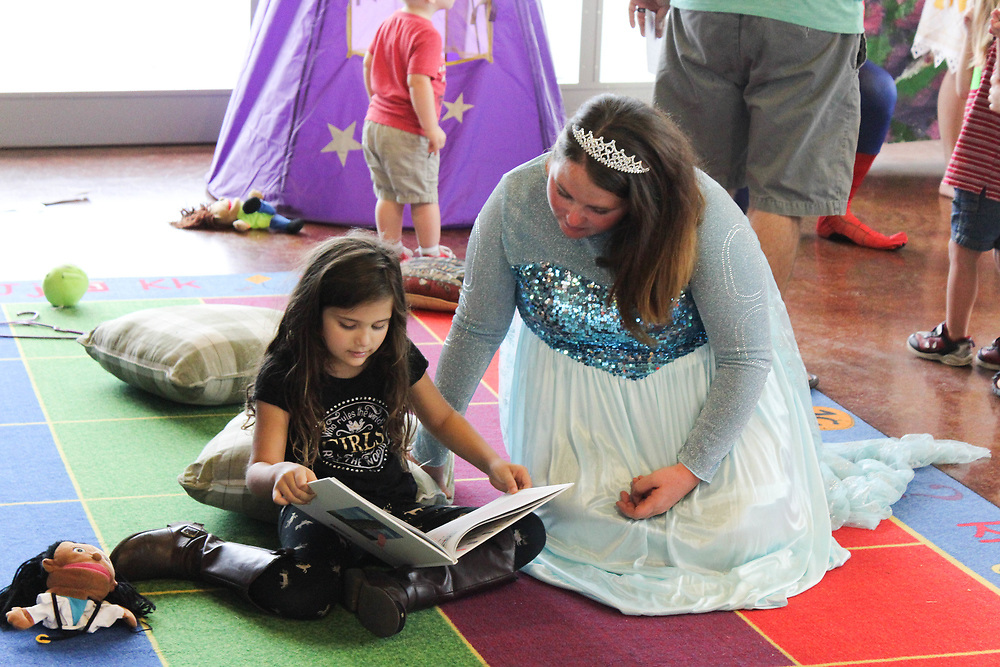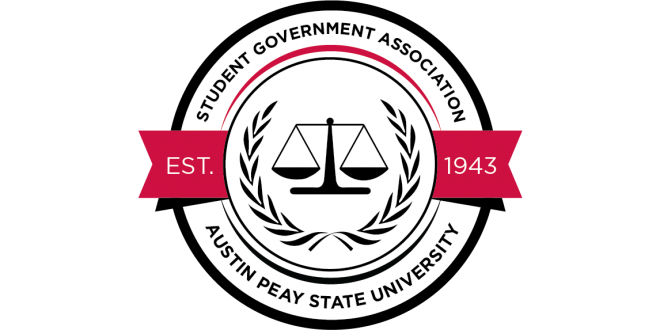Among APSU’s immensely varied student body is a unique population of ANTS or Adult, Non-traditional and Transfer Students.
While the non-traditional student has a wide definition encompassing many different kinds of individuals, researchers typically consider the non-traditional student to have at least one of the following characteristics: being independent for financial aid purposes, having one or more dependents, being a single caregiver, not having a traditional high school diploma, delaying postsecondary enrollment, attending school part-time and being employed full time.
While all of these unique situations can contribute added difficulties to a student SGA Senator, William Cody, sees student parents as having a particularly hard time.
“College is hard enough,” Cody said. “It’s tougher on as a parent who doesn’t have anyone to watch their children while they study.”
Cody was recently approached, as a liaison to the ANTS Center, to draft a resolution for a replacement for ANTS Camp, which can no longer be done due to university policy.
Described as “a program for our parenting students that provides a quiet place to study while your children engage in fun learning activities,” ANTS Camp provided student parents one day in the semester, usually around finals, where they could get free childcare allowing them time to study on campus.
APSU already has a means of childcare in place on campus in the form of the Little Govs Child Learning Center.
The campus children’s center is located in the Sexton building on Eighth Street and serves children from 2 to 5 years of age.
It is open Monday through Friday from 7:15 a.m. to 5 p.m.
However, while the APSU Little Govs Child Learning Center also serves children of APSU students, alumni, staff and faculty as well as children in the community, ANTS Camp was unique in that it was entirely free.
ANTS Camp was also available for children 3 to 12 years of age as opposed to just two to five.
Cody hoped that the resolution would promote the implementation of a program similar to ANTS Camp only better fitting to university guidelines.
The resolution would send a formal letter of recommendation to the Vice President of Student Affairs to provide Day Care for Non-traditional students so they can study at least once a semester.
In place of ANTS Camp, the day care, as recommended by the resolution, would be provided by the Little Govs Child Learning Center with funding provided by APSU.
However, all arrangements for such a day will be coordinated through the Adult Non-Traditional and Transfer Student Center’s coordinator.
The resolution states that this would allow students with young children to be more successful and more productive in obtaining their college degree.
“As far as implementing it, President Covington and I have spoken to the Little Govs Center and they say it can be done but someone would have to pay their staff to do it,” Cody said.
On top of funding, the coordinator for the ANTS Center, Ashley Nelson-Kautz says there are many other variables that would contribute to the implementation of this program.
Many of which would be dependent on regulations for the child learning center, staffing, and making sure the program is operating within university policies and procedures.
Nelson-Kautz had discussions with members of the SGA about benefits and barriers associated with child care for students but says that this resolution was completely student-led.
“The reality of this resolution, if implemented, means that students with children will be afforded an extra study day each semester. This would be a benefit to our students with children, especially if planned around midterms or finals,” Nelson-Kautz said.
APSU has always shown a significant non-traditional population.
Enrollment profile trends show that in 2017 there were 2,563 Adult Learner Undergraduates, defined as students aged 25 or older, compared to the 7,028 Traditional Undergraduates, defined aged 24 or younger.
There were also 916 Transfer Students in 2017.
However, it would be difficult to know how many students this resolution could impact as there is not a direct way to track the number of students with young children, according to Nelson-Kautz.
Nonetheless, the resolution passed unanimously.







